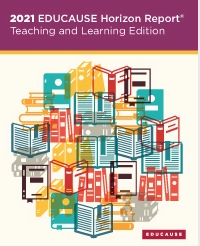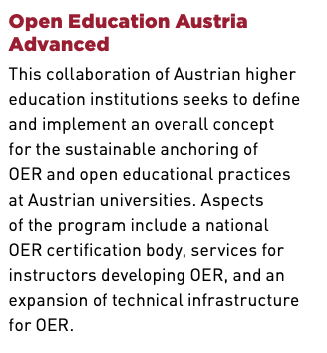We did a small contribution to this year Language Learning conference, which happened as onlince conference, titled: „BY PUPILS FOR STUDENTS: EXPERIENCE WITH THE MOOC „TENSES EXPLAINED““
Abstract:
Usually, it is the university teachers who develop educational resources for their students. The development procedure presented in this article differs significantly from common processes: Students aged about 15 years (9th grade) were actively involved in the production of videos for a language learning MOOC, which is primarily aimed at university students. The article pursues the question of how and with what effects students were involved in the video production for a language MOOC. We systematically describe the background and processes of the development of the MOOC „Tenses Explained“ and the final result. The paper gives insights into the processes and activities of more than 600 participants so far through data from the MOOC platform MooX.at. In addition, the aim is to share the experience in the form of insights in processes as well lessons learned.
[full article @ HAL-archive]
[full article @ ResearchGate]
Reference: Thomas Murr, Sandra Schön, Martin Ebner. BY PUPILS FOR STUDENTS: EXPERIENCE WITH THE MOOC „TENSES EXPLAINED“. MOOCs, Language learning and mobility, design, integration, reuse, Apr 2021, Online Conference, Italy. ⟨hal-03225981⟩




